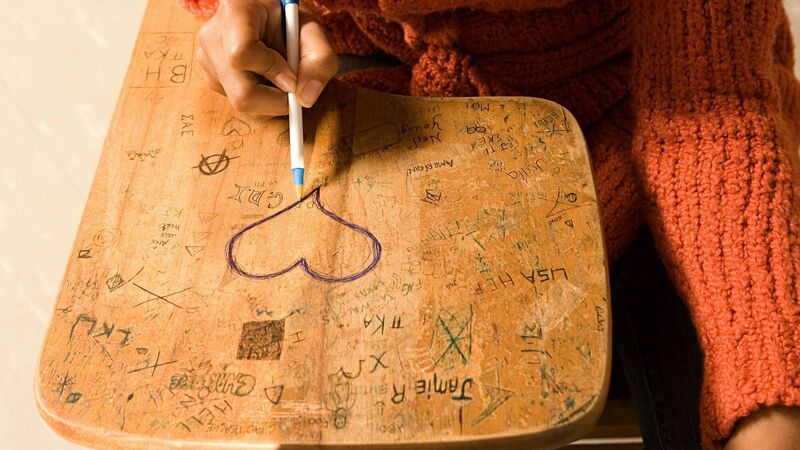Young love: The impact of Covid on college dating

Picture: iStock
Covid-19 has had a diverse effect on the population of Ireland over the past year. For college students, life has changed unrecognisably. In September, we were told that we would no longer have the refuge of stuffy lecture halls, but would be at home doing online lectures instead.
The Union of Students in Ireland conducted a survey in July about third level students’ experiences with online learning. Nearly 65% of students felt their learning outcomes changed because of Covid-19. Almost a third lost employment and felt that their mental health was worse because of lockdown. More than a third reported that they didn’t have opportunities to engage with other classmates when lectures moved online.










